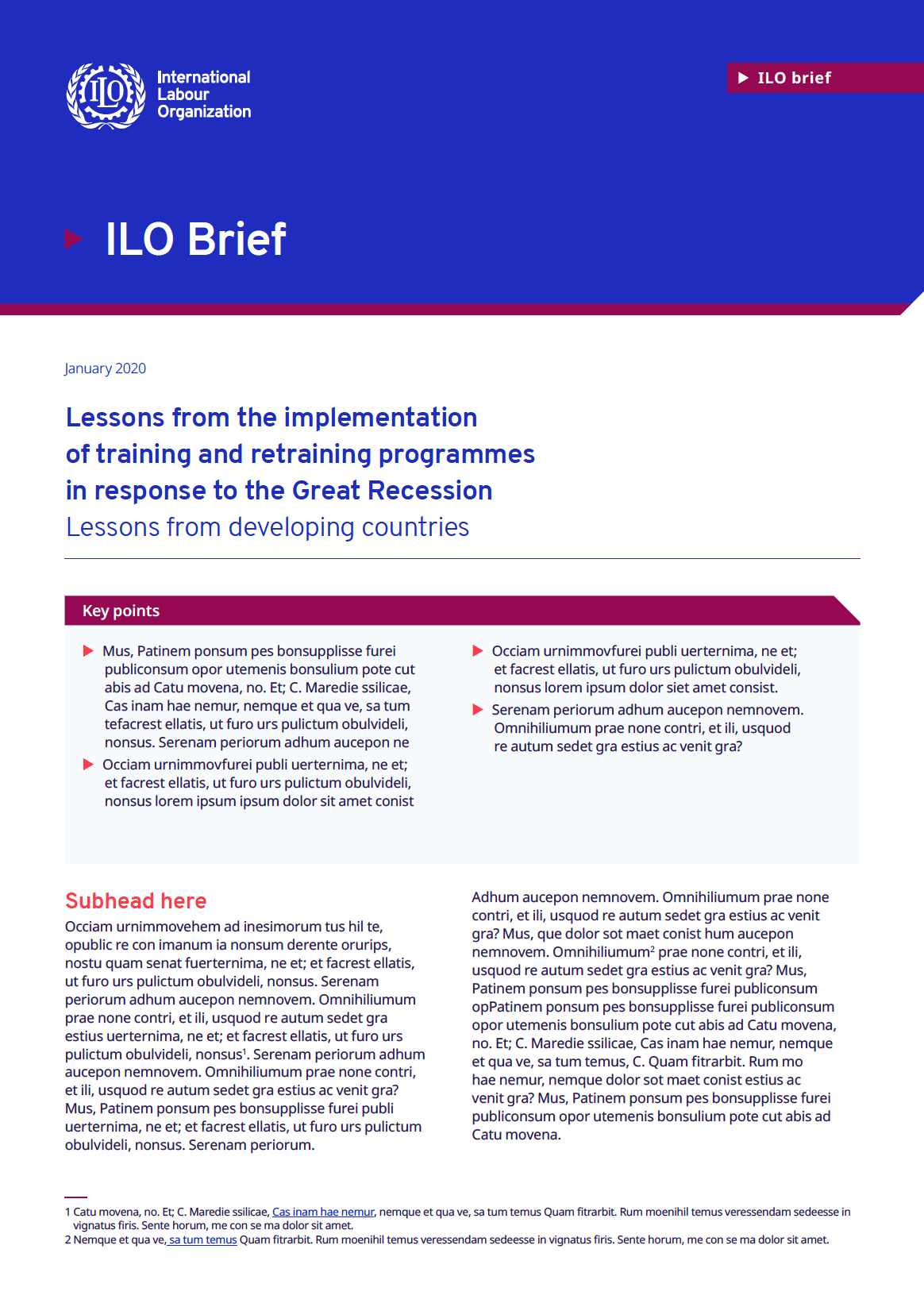National strategy and action plan to strengthen human resources and skills to advance green, low-emission and climate-resilient development in Uganda (2013-2022)
Uganda ratified the 1992 United Nations Framework Convention on Climate Change (UNFCCC), and has continued to actively pursue actions to fulfil its commitments under the Convention. However, it is still plagued with insufficient technical capacities, skills, as well as weak institutions. Such deficiencies occur amidst the continuing effects of climate change, namely, temperature rise, increased drought, and increased frequency of rainfall, experienced differently in the various ecosystems and sectors. Dealing with climate change demands the understanding of how it might affect a range of natural and social systems, and an identification and evaluation of options to respond to these effects. Further, the transition to a green, low-emission and climate-resilient economy requires unprecedented levels of awareness, knowledge and skilled individuals. National learning institutions and systems also require strengthened capacities to deliver learning and skills development action in support of national policy objectives and priorities.
Within this context, the National Strategy and Action Plan was formed with the overall goal of strengthening human resources and skills to advance low-emission and climate-resilient development in Uganda. The key elements of the Strategy are as follows:
- Build capacity and strengthen the UNFCCC National Focal Point for Uganda;
- Strengthen the Department of Meteorology;
- Support the ongoing actions in order to maintain continuity;
- Undertake sector-specific identification of costed climate change impacts in key sectors;
- Continue to undertake climate change learning as a continuous process;
- Assess the impacts of climate change learning; and
- Harmonize climate change learning among different institutions and levels.




